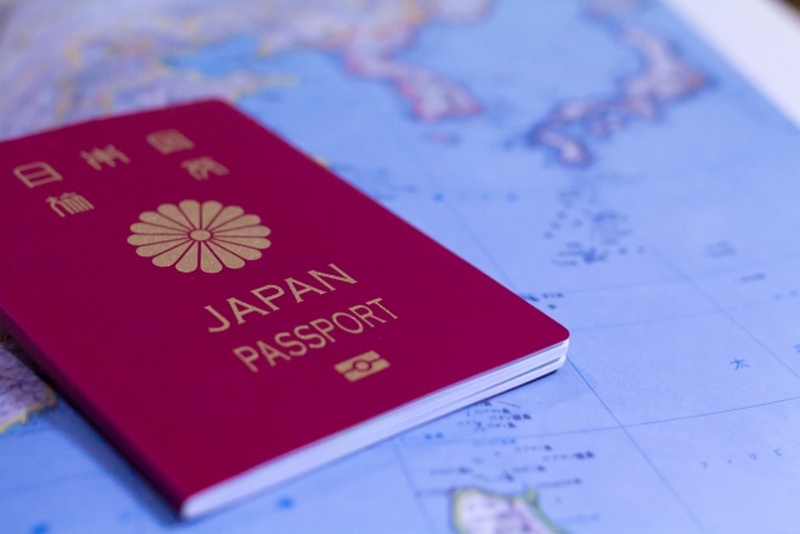Wouldn't it be good if Japan had a "visit visa"?
[Fukazawa] That got me thinking, it seems like the majority of Japanese people already have relatives who are living permanently and settled in Japan.
So I think it's possible for those people to "invite" them. And if they are the ones inviting them, then they will end up playing a role similar to that of a supporter. Even under this system, even Brazilians with "permanent resident status" can become supporters, so the most likely scenario would be for them to get in touch with their relatives in Japan and become supporters one after another, and then have them introduce them to jobs at the places where those relatives work.
By the way, does Japan have a system of "visiting foreign nationals"?
[Nagai] It's not a matter of inviting a visa, but for third-generation Japanese, it's possible to invite them over. A relative living in Japan must obtain a Certificate of Eligibility for Residence Status from the Ministry of Justice, or rather, the Immigration Bureau, and that's what it means to invite them over.
[Fukasawa] How about simplifying the process of inviting people so that it can be done more widely?
[Nagai] However, there is no "recruitment visa" like the Brazilian system.
[Fukasawa] Ah.
[Nagai] It can't be called that unless it meets certain requirements.
[Fukazawa] So, for example, I think it would be good to invite relatives up to the fourth degree, not just the third degree. (Editor's note: The person himself is the zeroth degree of kinship, parents are the first degree, grandparents and siblings are the second degree of kinship, and cousins are the fourth degree of kinship.)
[Nagai] Basically, in Japan, there are very strict restrictions on who can be brought over, but if you have a highly skilled worker visa, you can bring over your parents if you are a highly skilled IT specialist, a university professor, or a foreigner with a lawyer's license, and you fall into the category of highly skilled worker. There are residence statuses like that.
However, ordinary permanent residents are generally not allowed to bring their parents over to Japan. The only people who can bring over are their wives and unmarried, underage children.
[Shimano] First of all, what is a guarantor?
[Nagai] It is possible to bring in the third generation if a relative can act as a guarantor, but it is not possible to bring in the fourth generation or beyond.
[Shimano] However, if I remember correctly, you have to have a permanent resident visa to be a supporter. So people with normal long-term resident visas can't be supporters.
[Nagai] More than half of the Brazilians living in Japan are on permanent resident visas, so I think there are quite a lot of people with permanent residency.
[Fukazawa] If it were easier to invite people over, it would be easier for people here to go. From Japan's perspective, it would be safe to invite people over because it would be someone who is a base in Japan and knows a certain amount about Japan.
[Nagai] Living together as a family is very important, so I think there should be a system in place that guarantees this right.
[Fukazawa] I would really like to see a framework for inviting fifth or sixth generation families.
If such a system were created, if someone in your family lives in Japan, you could use that as leverage and anyone who wants to go could go. Also, I sometimes ask Japanese people living in Japan, but they say that the conditions for naturalization in Japan are difficult. I think it would be good to relax the conditions a little more.
In Brazil, if you are born there, you are given Brazilian citizenship, but in Japan, you have to have Japanese citizenship.
*This article is reprinted from the Nikkei Shimbun ( August 28th and 29th , 2018).
© 2018 Masayuki Fukasawa / Nikkey Shimbun







